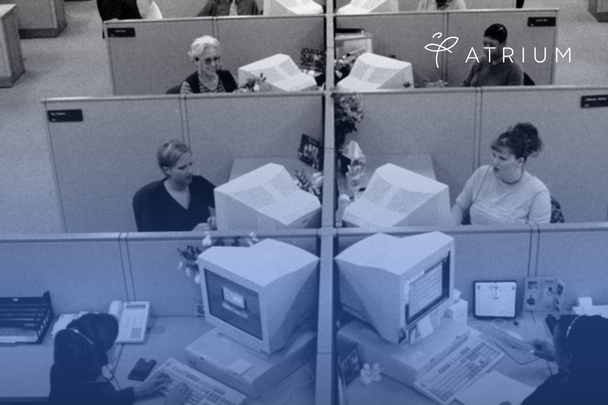The timing is right for a career evolution. That means dusting off your credentials and making sure your modern resume and cover letter tell an engaging story. You may be questioning if submitting a cover letter is even necessary. Well, it is. Each respective role you seek could benefit from a personalized cover story. While many contend the cover letter is irrelevant these days, we respectfully disagree. Your story has great value. And you should know how to share it with potential employers.
If you are a candidate recently reentering the job marketing, you likely have questions about what the job search landscape looks like today. Assessing job qualifications may feel like a daunting task. But it’s an important one to prioritize within your job search. Put in the time to evaluate your target industry and/or role, so you know what to expect. Then, incorporate what you’ve learned into your job application. If including a cover letter on an application is “optional,” it’s an opportunity you need to take. Especially within a heavily saturated talent market, a thoughtful cover letter could make all the difference. So, embrace the comeback and get to work!
4 Reasons Why Your Cover Letter Matters:
1. The Power of a Personal Touch
Showcasing your personality through a resume is challenging when its true purpose is to quickly share employment stats and facts. A cover letter can be used to market yourself, present your personal side and demonstrate why you’re the best choice for the role. Provide hiring managers with more than bullet points. Potential employers want to hear more about why this particular role at their company caught your eye. How do your strengths and talents uniquely qualify your for the job? In a job market where many candidates are opting-out, opting-in may be the reason you stand out.
2. Addressing Employment Gaps
A cover letter provides a platform to explain more about your specific experiences and proactively address potential concerns. It allows you to illustrate to your potential employer the reasons behind any inconsistencies in your own way. As you move along in your job search, consider how a cover letter can help you share your journey. Tell a story that engages your potential employer, and chances are they’ll want to meet you to discuss your experience. Make sure you are the author of your bio. Because no one knows you better than you!
3. Position Alignment
While a resume can exhibit what you have worked on or achieved in the past, it may not easily demonstrate to employers how these experiences can be applied to the sought-after position. Use your cover letter to expound upon how your background fits the needs of the role. Ideally, your cover letter, as well as your resume, should incorporate specific keywords that align with the qualifications noted within the job posting. Sell your intrigue in the position!
4. Value-Add
Who doesn’t like free advertising? Use your cover letter as a second chance to reiterate your most valuable skills, accomplishments and experience. Summarize the traits that make you a great candidate. When piecing together your cover letter, add something exclusive that is not already highlighted on your resume. Convince those reviewing of the value of your personal brand by sharing how it aligns with the business mission and values. After reading your cover letter, they should understand why the role needs an individual like you.
We are in a time of great transformation. Discussions on what long-lasting impacts will manifest now surround almost every aspect of our lives. During this period of disruption, our team wants to be here to help combat any new career challenge you may face. Looking for tips on how to show authenticity in your cover letter? Check out these top tips on how to personalize your cover letter. Or, if you’re ready to hit ‘submit’ on that application, here are four things to keep in mind when waiting for a recruiter response.









